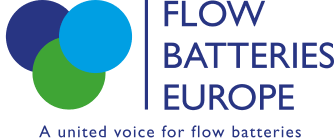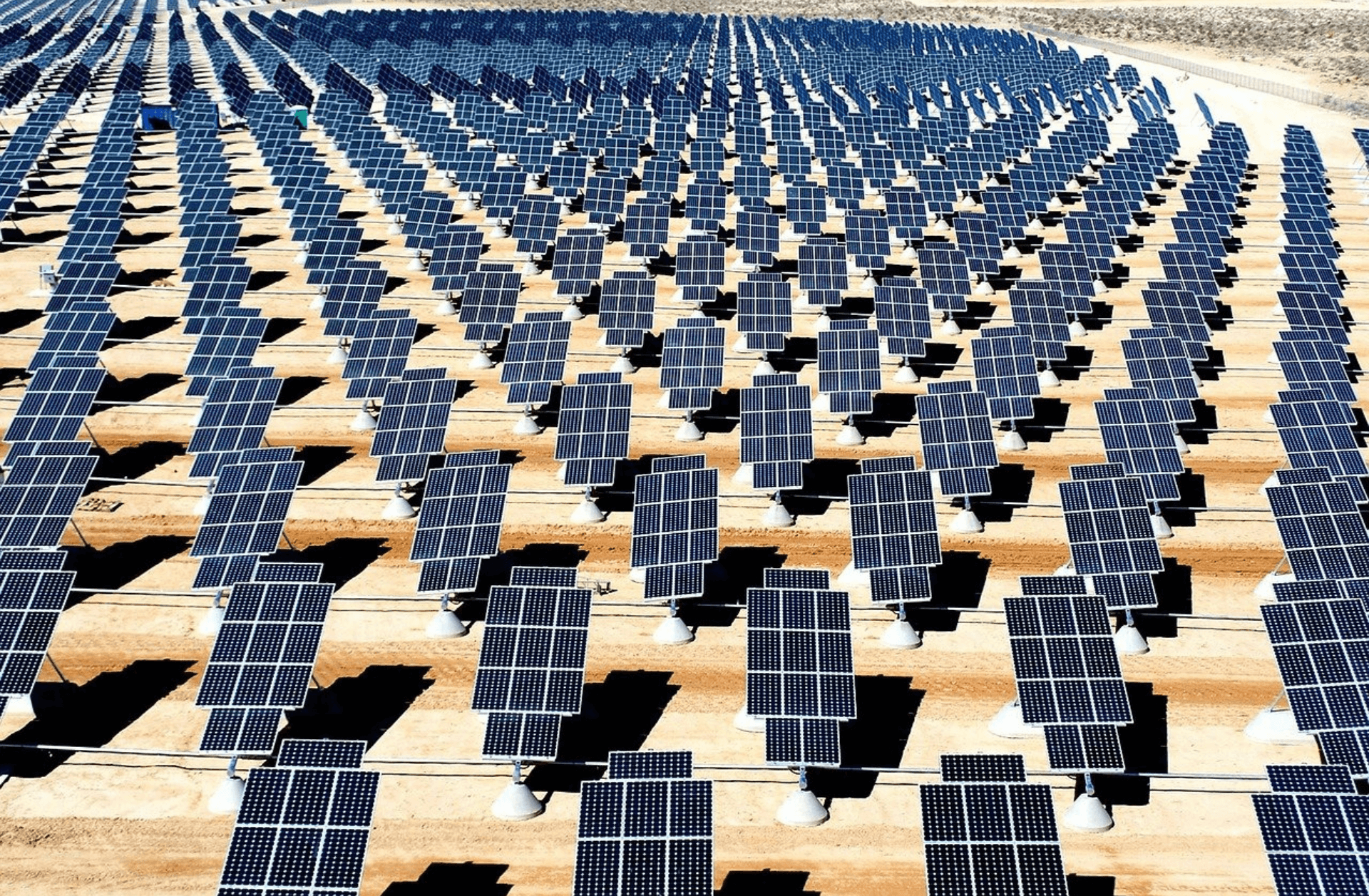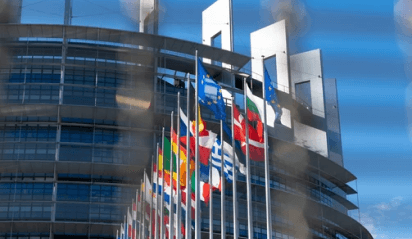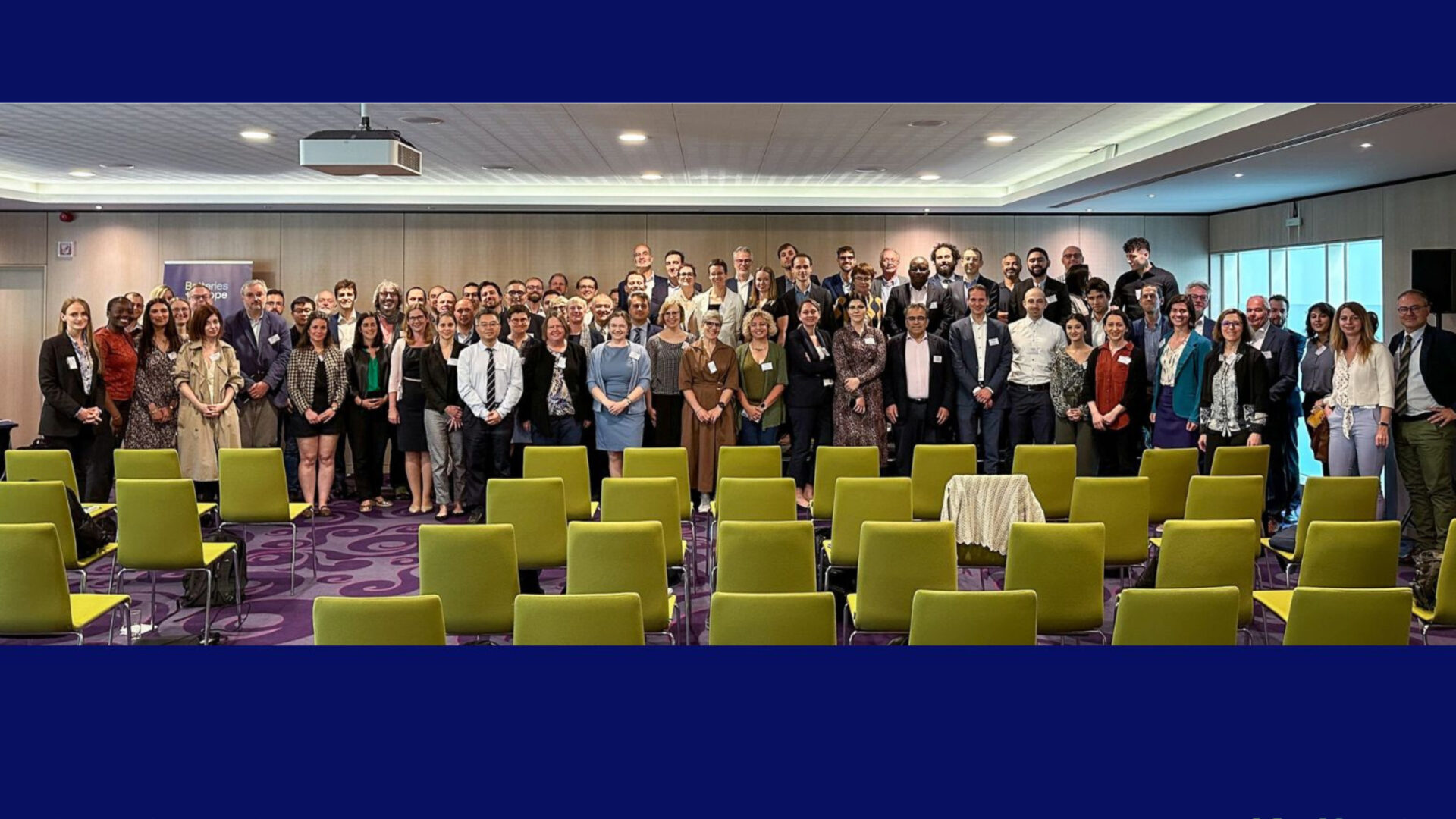Flow batteries can help the European Union achieve its ambitious goal of carbon neutrality by 2050. However, the EU must eliminate the administrative barriers that block the development of renewable energy projects.
Flow Batteries Europe responded to the public consultation “Renewable energy projects – permit-granting processes & power purchase agreements” launched by the European Commission.
The European Union can achieve its ambitious goal of climate neutrality by 2050 and flow batteries can support the EU in this process. However, the EU must intervene and eliminate the administrative barriers and regulatory complexity that hamper the development of renewable energy projects, and with it the energy storage projects.
In our response to the consultation, Flow Batteries Europe has put forward the following suggestions to ease and accelerate the deployment of renewable energy projects and consequently the achievement of the climate neutrality goal:
- Energy storage should be defined as a separate asset class. to prevent double taxation (as in Germany) and allow for a market price of capacity.
- A strictly technology-neutral approach should be adopted, preventing discrimination between different types of storage. There should be no distinction in permitting procedures between standalone storage plants and storage collocated with renewable facilities.
- Renewable projects should be required to self-balance and be capable to dispatch against a schedule. This would encourage more energy storage projects and reduce the reliance on fossil fuel plants as a backup.
- There should be an increased uniformity in permitting procedures across the EU
- A distinction needs to be made between renewable energy and renewable power. There should be an emphasis on using more renewable power instantaneously at any given time, rather than just having more renewable energy in general.
This public consultation is part of a planned larger stakeholder consultation, which will feed into the Commission’s work on the guidance. Flow Batteries Europe remains at the EU institutions’ disposal to provide more insights on the matter.






